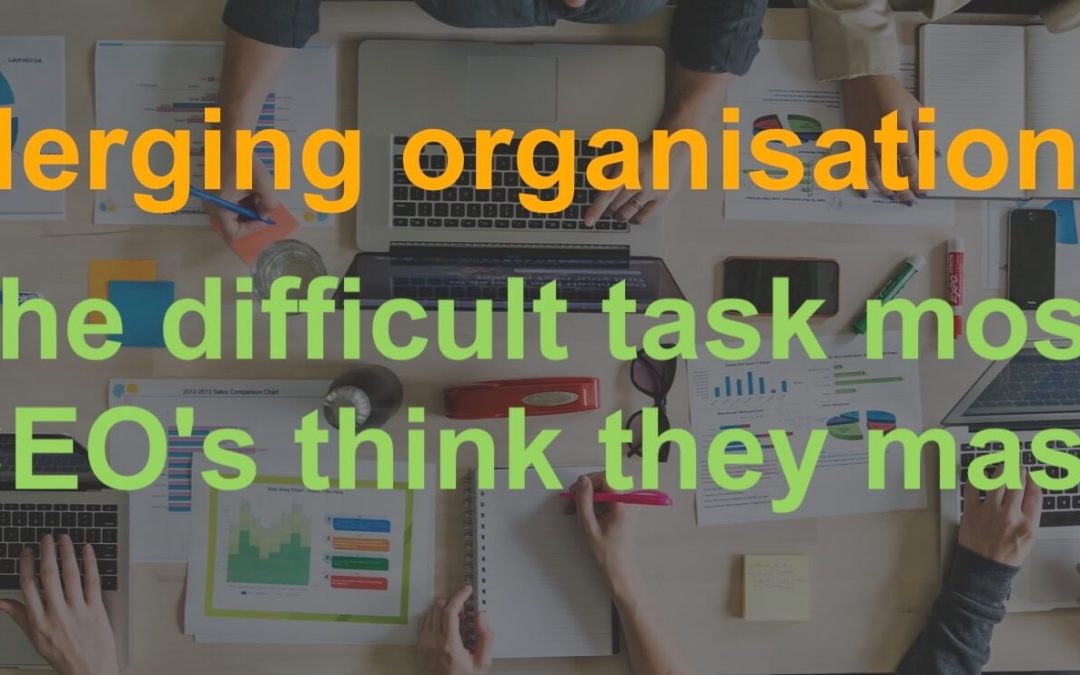Executive Summary
IATA has forecasted that passenger demand to double over 20 Years with the fastest-growing markets in Asia and Sub-saharan Africa. This is no surprise that the emerging and frontier market economies account for the biggest growth in the near future. This is great for the aviation industry.
This report is about the future cultural conflicts we identified when we looked at the aviation industry. Here are the key issues we see the aviation industry will need to look at:
- The new growth markets are all in cultures with little tradition for aviation. The entire culture around how to behave in an airport and in an aircraft is developed on European and North American norms and values. All the new growth markets have cultural norms and values that are very different. That will cause cultural clashes, conflicts, unsatisfied passengers, rising costs for the airlines and airports and tremendous pressure on airlines and airports to resolve these conflicts.
- Being overweight and obese will challenge airports and airlines in the future. In 1995 45% of the US population was overweight. in 2016 it was 73% Almost all countries can record tremendous growth in the number of overweight and obese people. A Harvard study suggests that over 57% of today’s youth will be obese at age 35. They will require more space and time in the airports and many of them will have difficulties fitting into modern economy-class seats. Dissatisfaction, complaints, negative press coverage and political pressure will be inevitable.
- Life expectancy is soaring in many parts of the world. In developed economies more and more elderly people are agile till very late in their lives, they have money and love to travel. But they require more time in the airports going through security and when boarding an aircraft. How will that be perceived by other passengers who are in a hurry to get to the gate as quickly as possible and de-boarding the aircraft as quickly as possible? A conflict between age groups is imminent. Costs for airports and airlines will rise too, but who shall pay?
This article covers the three cultural issues in more detail and provides recommendations for what has to be done.
The full and complete document is only available to Gugin’s clients
Please login with your Client ID and password
Gugin has the expertise to help your airline or airport develop a winning culture.

You might also like this
Learn more about how Gugin helps Airlines and Airports creating winning company cultures.
Book Dr Finn Majlergaard to inspire your leadership team
Book Dr Finn Majlergaard for a speech on how global and regional cultural changes will affect the aviation industry. You will also learn how you can turn these changes into new opportunities
You might also like this
Read how a bad company culture can cost an airline a huge part of its market value and reputation in no time

Dr Finn Majlergaard
CEO Gugin, Professor, Keynote Speaker, Author
- We align your corporate culture with your strategy.
- We take you safely through major changes in your organisation.
- We develop the crucial cultural intelligence in your organisation by training your employees and leaders
- We help you develop a competitive advantage with a unique corporate culture
Gugin has helped more than 600 companies around the world creating a winning corporate culture.

Poll: Who is the greatest threat to world peace, Trump, Putin or Kim Jong-Un?
Trump, Putin or Kim Jong-Un 3 people who gain global attention. 3 people who almost everybody have an opinion about. Before we continue we will like to hear your opinion by answering the short poll below. We will also be grateful if you will share this...

The top 5 corporate culture challenges for managers
Here are the 5 most significant challenges managers of multicultural teams are facing. The list is based on more than 600 clients Gugin has worked with across the Globe. Contact us if these challenges look familiar to you. We will love to hear about them. Maybe we can help.

Merging organisations. The difficult task most CEO’s think they master
Merging organisations. The difficult task most CEO's think they master - but they don't- which is why 2/3 of all Mergers fail to meet their objectives due to cultural clashes. Here are the top 5 reasons why merging organisations go wrong and what you can do to...

How much cultural Intelligence do you have?
Look carefully at the image above. What do you pay attention to first, the different colours or the similar shapes? If you see the different colours first it means that you have a preference for looking for differences before you see similarities. If, however, you see...
Cultural Competences – Sweet or Salty?
Culture beyond the basic concept of folklore is a complex heritage for all human beings. We learn first from our parents, then our family and relatives, and then the environment around us. Culture is transmitted through the process of learning and interacting with...

